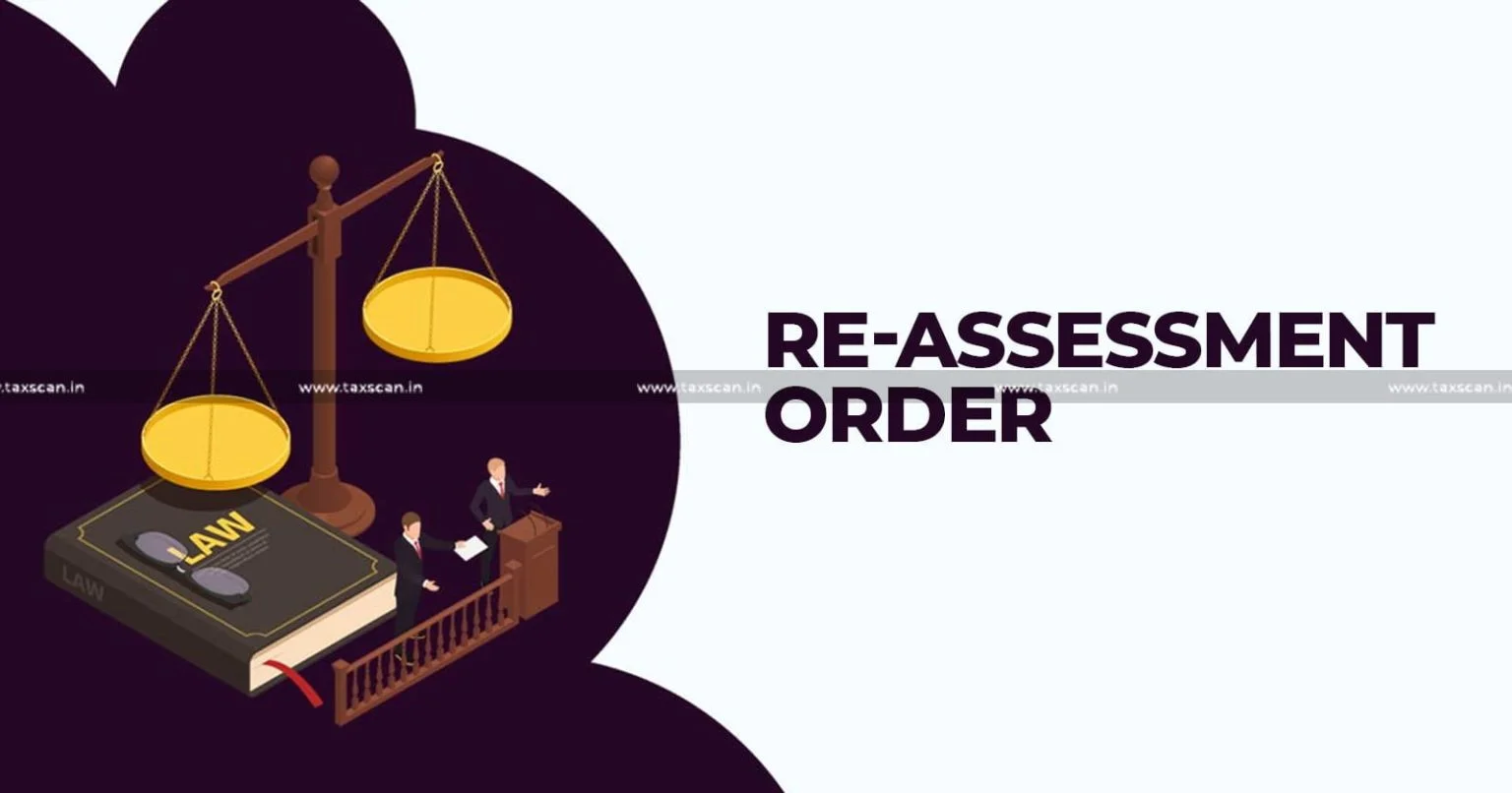AO’s Failure to issue Notice u/s 143(2): Delhi HC quashes Reassessment order [Read Order]
The failure to comply with Section 143(2) was conceded, and as a result, the reassessment action would be liable to be quashed on this ground alone.

Delhi High Court – Delhi HC – Reassessment order – AO’s Failure – Assessing Officer – Section 143(2) – Section 143(2) Income Tax Act – TAXSCAN
Delhi High Court – Delhi HC – Reassessment order – AO’s Failure – Assessing Officer – Section 143(2) – Section 143(2) Income Tax Act – TAXSCAN
The Delhi High Court quashed the reassessment order because the Assessing Officer failed to issue a notice under Section 143(2) of the Income Tax Act, 1961, and further noted that, according to Ashok Chaddha’s judgment and various other decisions, compliance with Section 143(2) is mandatory during reassessment actions.
The two writ petitions challenge the reassessment actions initiated by the respondents through notices dated 27 March 2022 and 26 July 2022, issued under Section 147/148 of the Income Tax Act, 1961.
The principal argument against the reassessment actions revolves around the alleged failure of the respondents to comply with the requirements of Section 143(2) of the Income Tax Act. The petitioners contend that the absence of a notice under this provision is fatal to the proceedings and renders them invalid.
In examining these writ petitions, the Court noted a contention from the respondents referencing the case of Ashok Chaddha vs. Income-tax Officer. The respondents argued that the challenge to the reassessment action should not succeed in light of the Ashok Chaddha decision, which dealt with whether a notice under Section 143 was required during an assessment under Section 153A.
Counsel for the respondents, Mr. Vipul Agrawal, argued that the Ashok Chaddha decision, due to similarities in the language of the provisions, indicates that failure to issue a Section 143(2) notice does not invalidate the proceedings. He contended that the Ashok Chaddha ruling appears to have been overlooked by subsequent decisions of the Court concerning the mandatory nature of Section 143(2) in reassessment cases.
Get a Copy of Income Tax Rules with FREE e-book access, Click here
The bench, comprising Justice Yaswant Varma and Justice Ravinder Dudeja, found Mr. Agrawal’s contention untenable for several reasons. The Court noted that Ashok Chaddha specifically addressed assessments conducted under Section 153A, which are governed by different rules compared to standard reassessment procedures. The Court highlighted that in Ashok Chaddha, it was determined that compliance with Section 143(2) was not mandatory for search assessments under Section 153A.
Furthermore, the Court observed that prior to the Ashok Chaddha judgment, various decisions consistently held that Section 143(2) must be mandatorily complied with during reassessment actions. This long-standing interpretation supported the argument that the failure to issue a Section 143(2) notice invalidates the reassessment proceedings.
Given the conceded failure to comply with Section 143(2) in the present case, the bench determined that the reassessment actions were flawed. Consequently, the Court allowed the writ petitions and quashed the impugned notices under Section 147/148 of the Income Tax Act dated 30 March 2021 and 30 May 2022, along with the assessment orders dated 27 March 2022 and 26 July 2022.
To Read the full text of the Order CLICK HERE
Support our journalism by subscribing to Taxscan premium. Follow us on Telegram for quick updates


